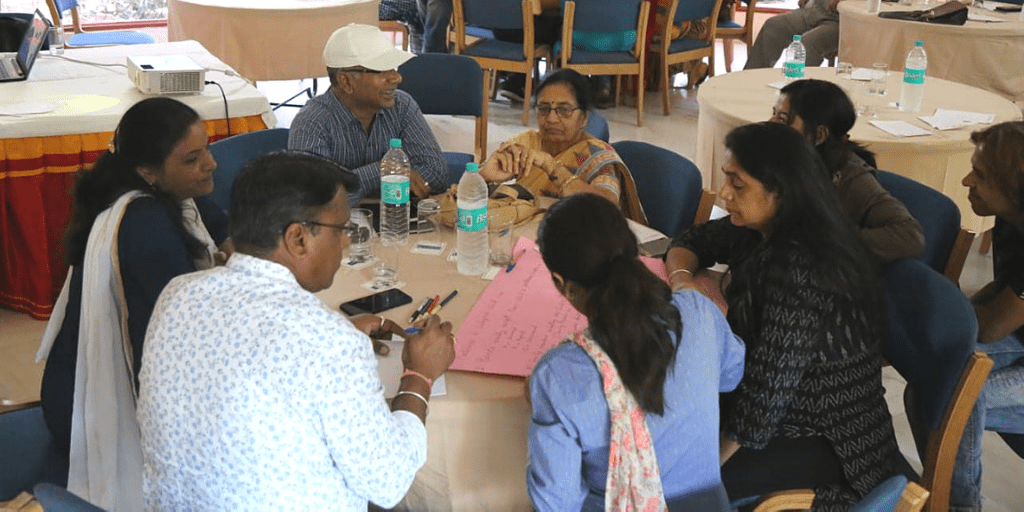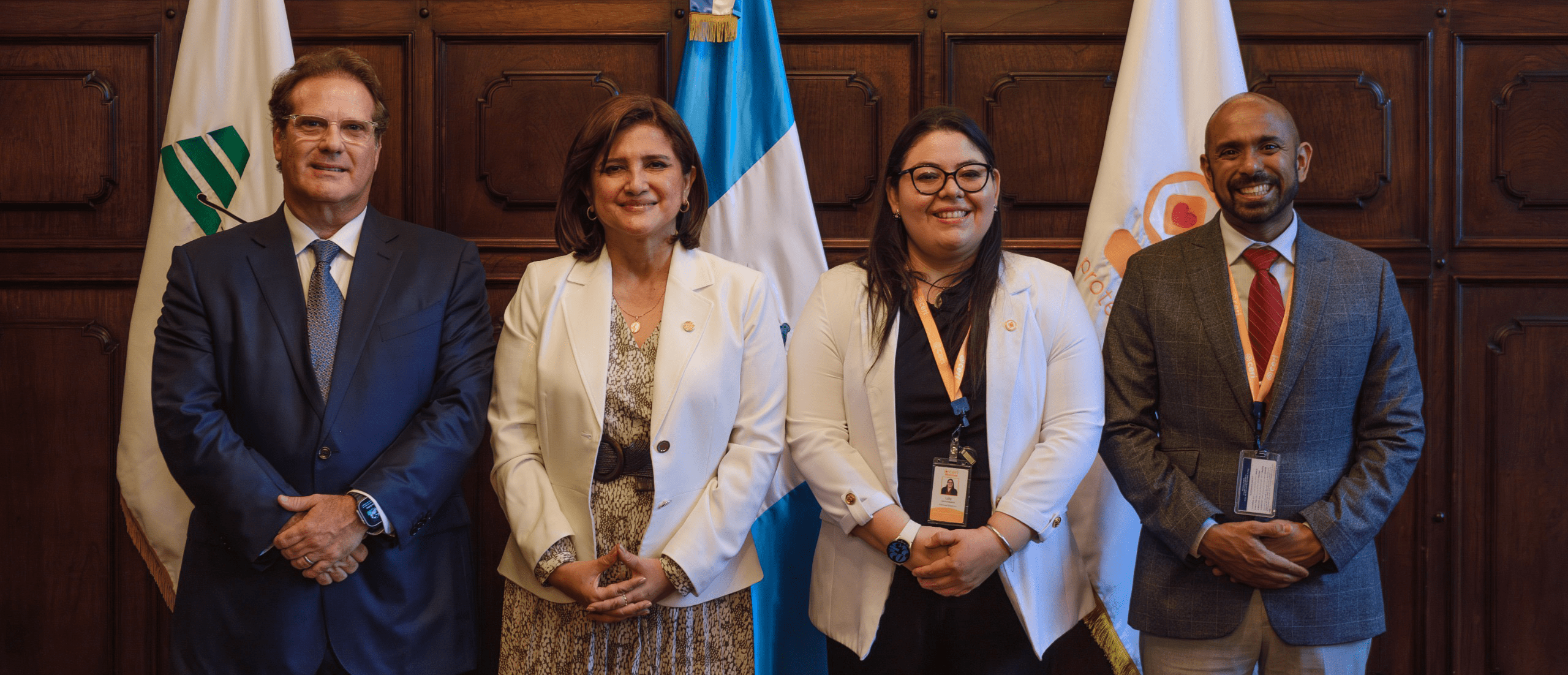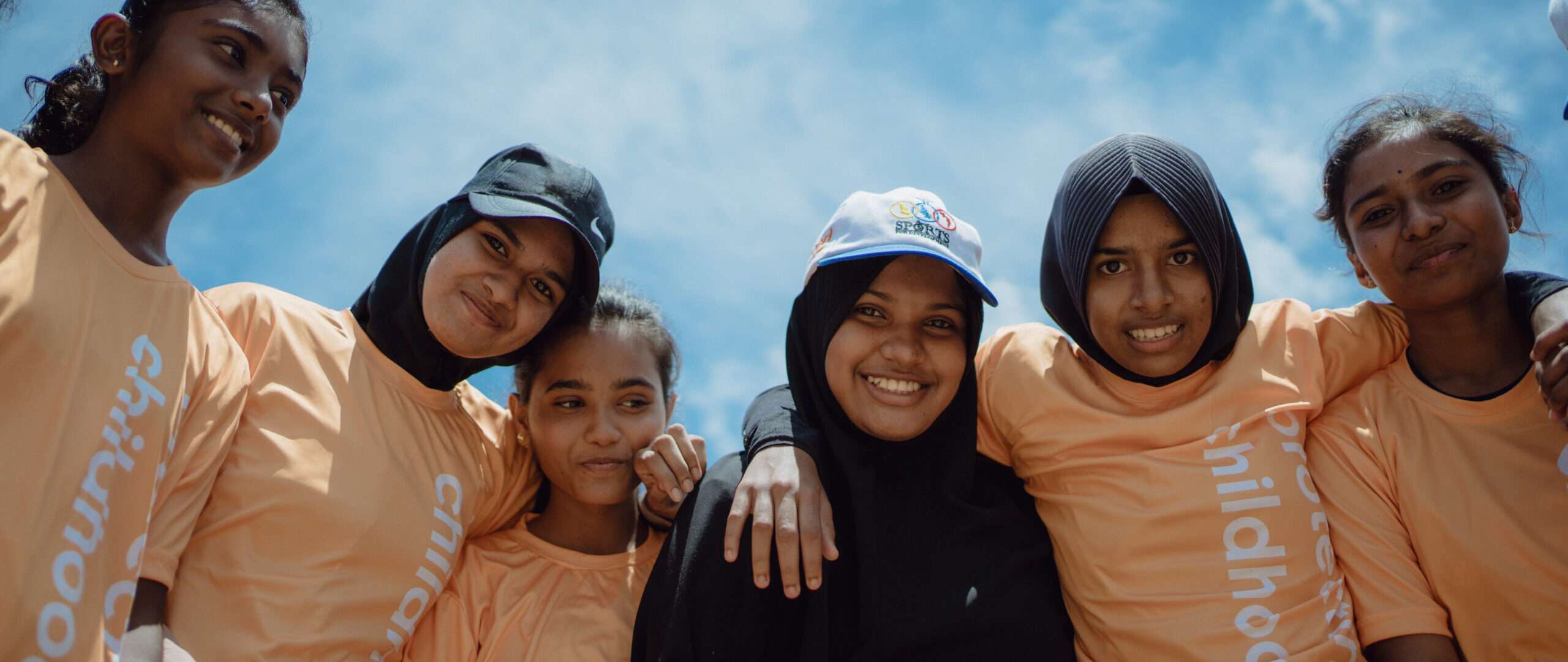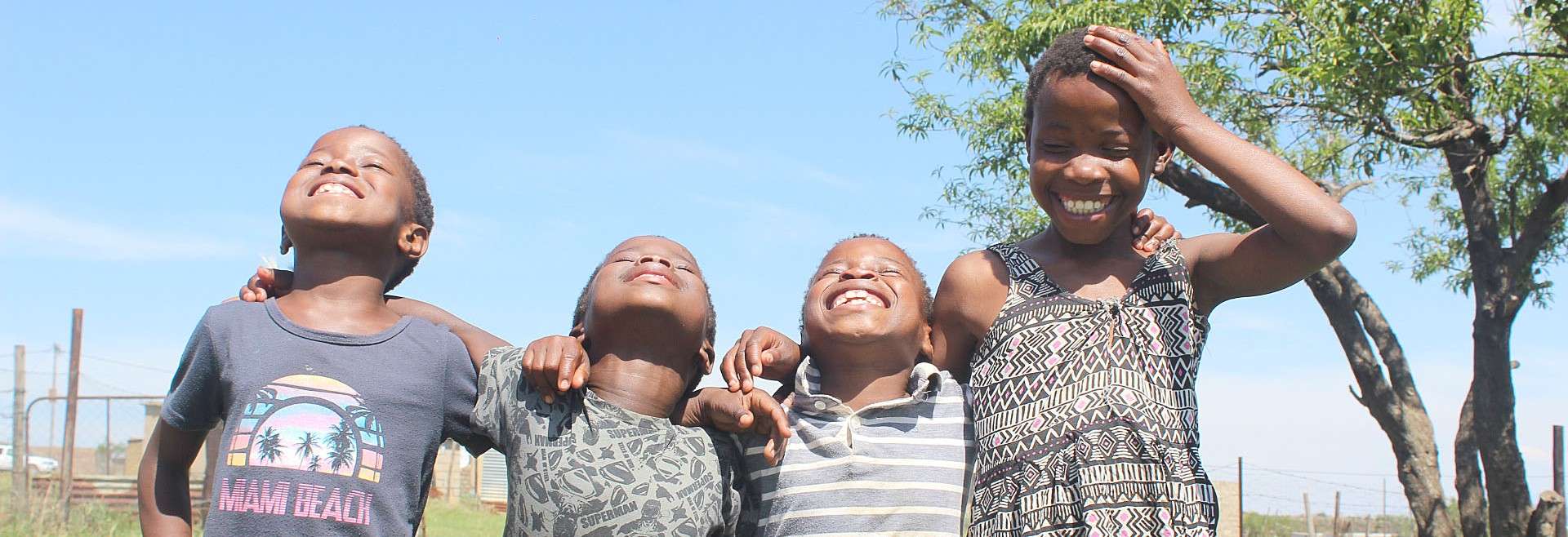Enhancing the skills of caregivers in India
“Not every child is the same, and not every child brings the same past with them. A strategy that works with other children, might not work for a child who has trauma.” – A foster family, Udaipur, India
After the success of the first caregiver training in February, Foster Care Society, in collaboration with Department for Child Rights (DCR) Udaipur, supported by Lamb International, conducted a two-day training May 25-26, 2019, at Hotel Rajdarshan, Udaipur, Rajasthan.
This training mainly focused on foster parents (caregivers) and furthered their knowledge by imparting information, helping them gain skills, and assisting them in learning a few coping skills amidst the challenges they might face in being a foster parent.
A total of 32 people attended the training, which includes foster families, the Child Welfare Committee, the Specialised Adoption Agency, the District Child Protection Unit, Children Homes’ counsellors, and team and board members of Foster Care Society.
Two major themes were covered in this training:
1.) Minimising the Trauma of Placement
2.) The Effects of Caregiving on the Caregiver
These themes had other subtopics:
- Identifying reactions of trauma in a child.
- Trauma that a foster child might already have due to the past.
- Creating emotional safety for the child.
- Burnout/stress faced by caregivers.
- Effects of having unrealistic expectations on caregivers.
- Self-care.
Through the training the caregivers were made aware of each of the above-mentioned topics in detail. They were made to understand that being placed in a new family, after living in an institution can be a huge change in the life of a child. This change can often be traumatic as they are suddenly asked to separate from their current life and live with strangers who will now be their new family.
As explained by the trainer, “These children need to be understood. We need to identify the trauma or problems a child must be going through by building trust, creating emotional-safety, and then questioning them about the things that might be bothering them, or about the problematic behaviors they might be displaying”.

Ample questions were raised by the caregivers in order to understand and clarify. They also made various comments to agree on various things at each step.
When talking about the effects of caregiving on a caregiver, a family summed up how they have been working selflessly to support their foster child – “We moved to a different home after we realized that the neighborhood we live in is not suitable for our child. The neighbors indirectly mistreated our child. They didn’t let their kids play with our child. We decided if we wanted to give our child a home, we needed to find a new home”.
This statement also showed one of the stressors a caregiver might face. The caregivers were taught about setting realistic expectations with the child, and also with their friends, family, and the society. The trainer informed them that “in order to give adequate care to your child, you must first be healthy from your mind and body”.
Various activities were done during the training, where families shared their experiences. One of the parents revealed – “After we got the child, our hearts were overjoyed, but we knew we needed to understand him initially. We tried to figure out everything starting from his sleep and eating schedule, to his likes and dislikes. Today, we cannot live without him and he cannot live without us”.
Feedback was later provided by everyone present, in order to understand how to better support these families and to provide even better training in the future. The common feedback given by the parents was that the training proved to be very insightful, and it also gave them a chance to benefit from communicating with other foster parents. In the words of Sumedha, of the foster parents, “There should be more trainings from time to time in the future so that we get an insight on the ways to provide good care for our foster child”.
A message to be taken away from this training, that will be essential for future foster families to understand is, “We think about our own requirements and perspectives but often forget about the child. It is important to know where the child is coming from and see placement through their eyes”.
The training was conducted by a certified trainer Mr. Devashish Mishra, and co-conducted and organized by another certified trainer Dr. Shilpa Mehta.







